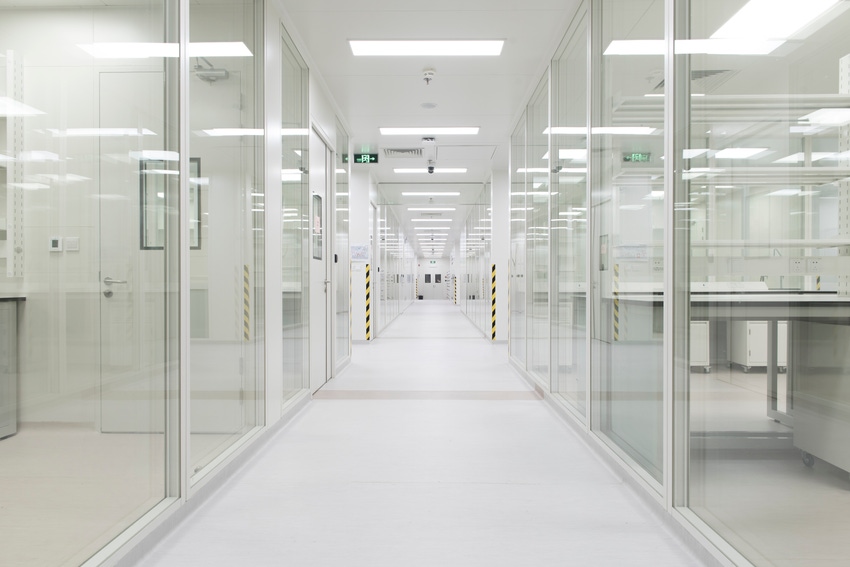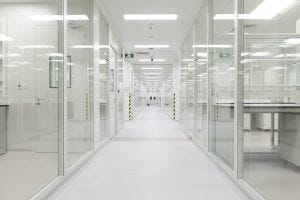Content Spotlight
Podcast: MilliporeSigma says education vital to creating unbreakable chain for sustainability
MilliporeSigma discusses the importance of people, education, and the benefits of embracing discomfort to bolster sustainability efforts.
March 22, 2019

The ATLATL-MACS Center will support biotech firms in the burgeoning cell and gene therapy space and will include access to Miltenyi automated CAR-T preparation instruments.
Having spent a year under construction, ATLATL-MACS Center opened this week. The center is a collaboration between ATLATL Innovation Cluster (AIC) – a Chinese innovation support firm offering lab space as a service – and cell and gene therapy vendor Miltenyi Biotec aimed at supporting the growing research in innovative and personalized medicines.
ATLATL and Miltenyi constructed the center to help research firms and biotech start-ups to remove hurdles encountered in current treatments. This includes helping R&D teams conduct new process development and application discovery, establish complete standardized operating procedures, assist pharmaceutical companies conduct accurate disease diagnosis and efficacy evaluations, accelerating clinical transformation and commercialization of gene and cell therapy.

Image c/o ATLATL Innovation Cluster (AIC)
While the 25,000 square feet center in Shanghai will encompass demonstrations, training, and application development, PC Zhu, a spokesperson from ATLATL Holdings, told us firms will be able to take their development further through access to Miltenyi’s production equipment.
This includes Miltenyi’s CliniMACSProdigy, an automated preparation instrument for chimeric antigen receptor (CAR) T-cells that the firm claims can greatly speed up cell therapy and development in clinical applications.
The self-enclosed system claims to integrate cell processing from starting material to final cellular product including sample preparation, cell washing and density gradient separation, cell separation, cell activation, cell culture and expansion, and final product formulation.
The standardization and lack of technical staff can reduce costs and increase reproducibility and will also enable options for the manufacture of patient specific cell therapies away from a centralized production network to a point-of-care model.
While manufacturing scale-up will not occur at the center, Zhu said: “Miltenyi will help companies to develop manufacture solutions off-site, and the capacity varies based on the demand of each company.”
You May Also Like